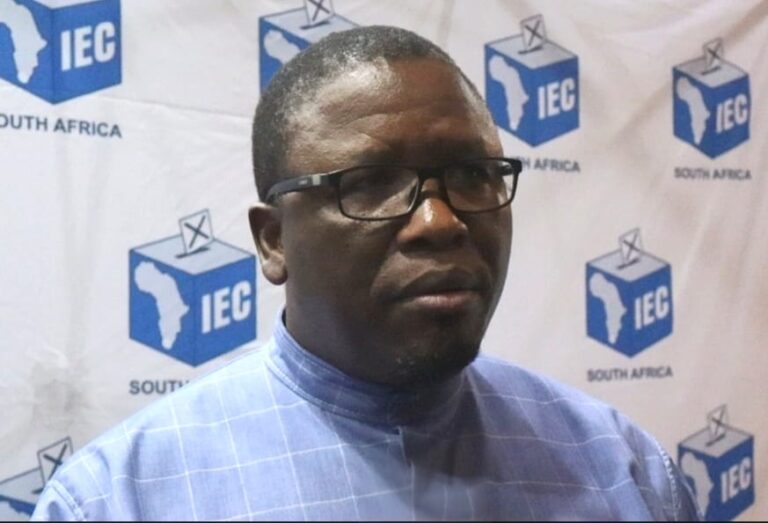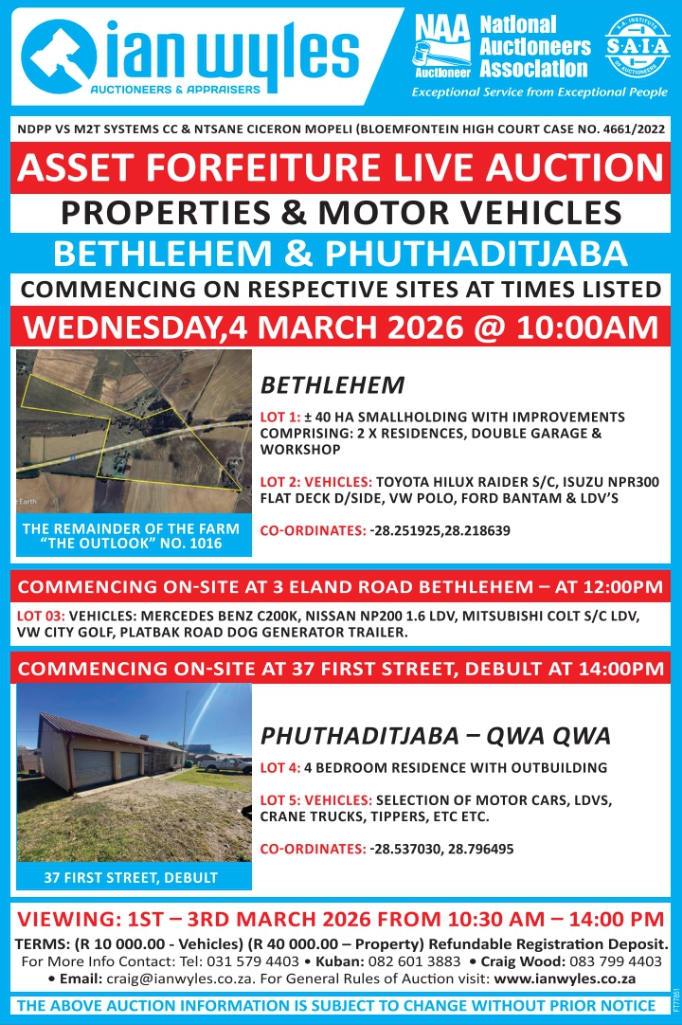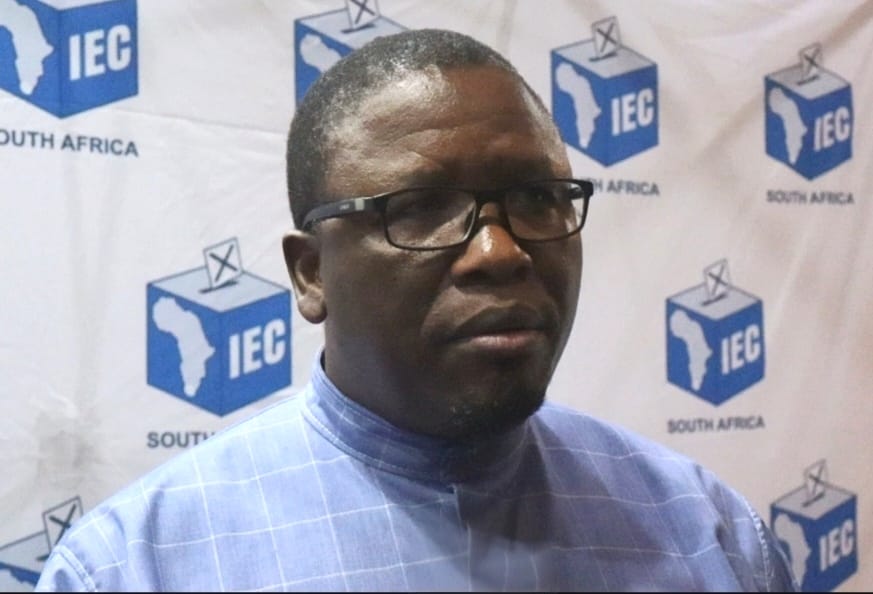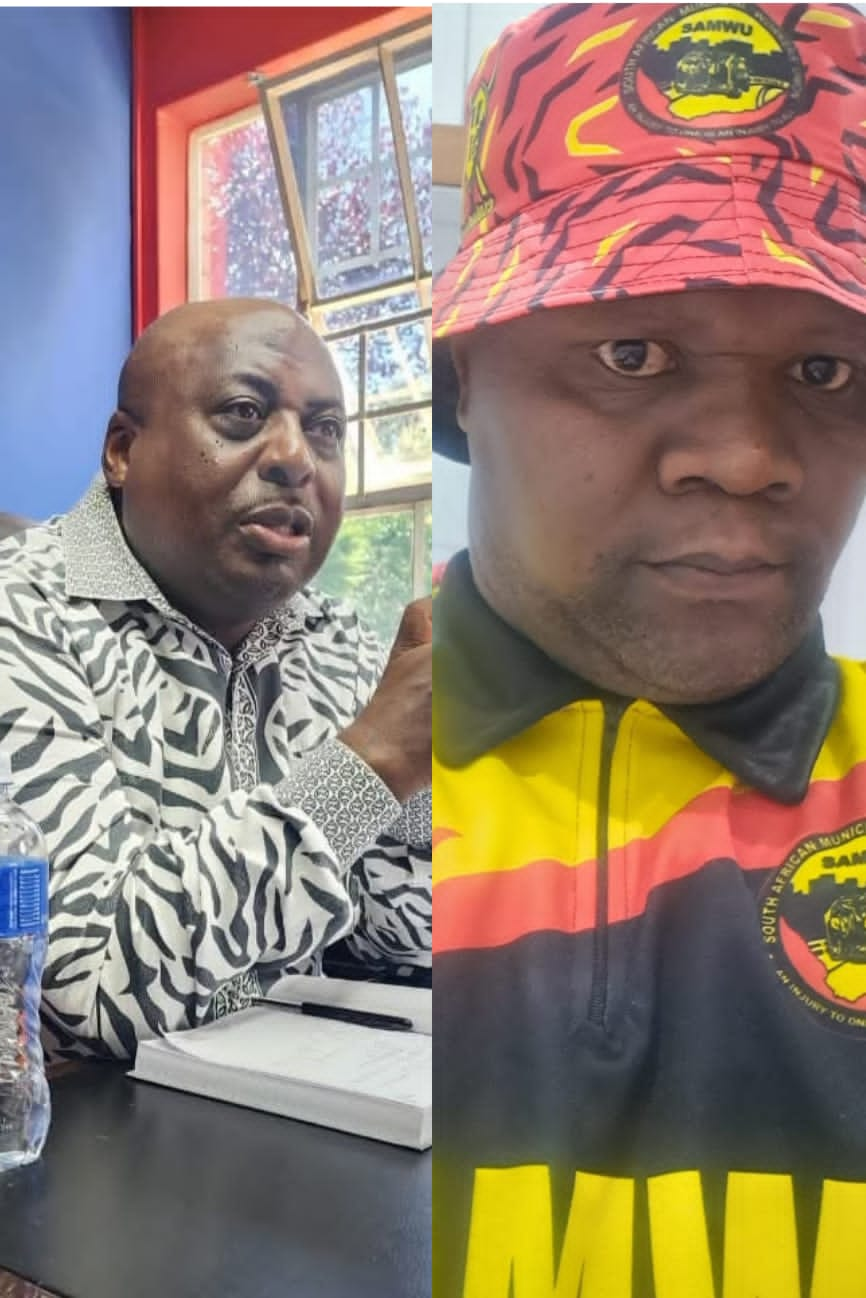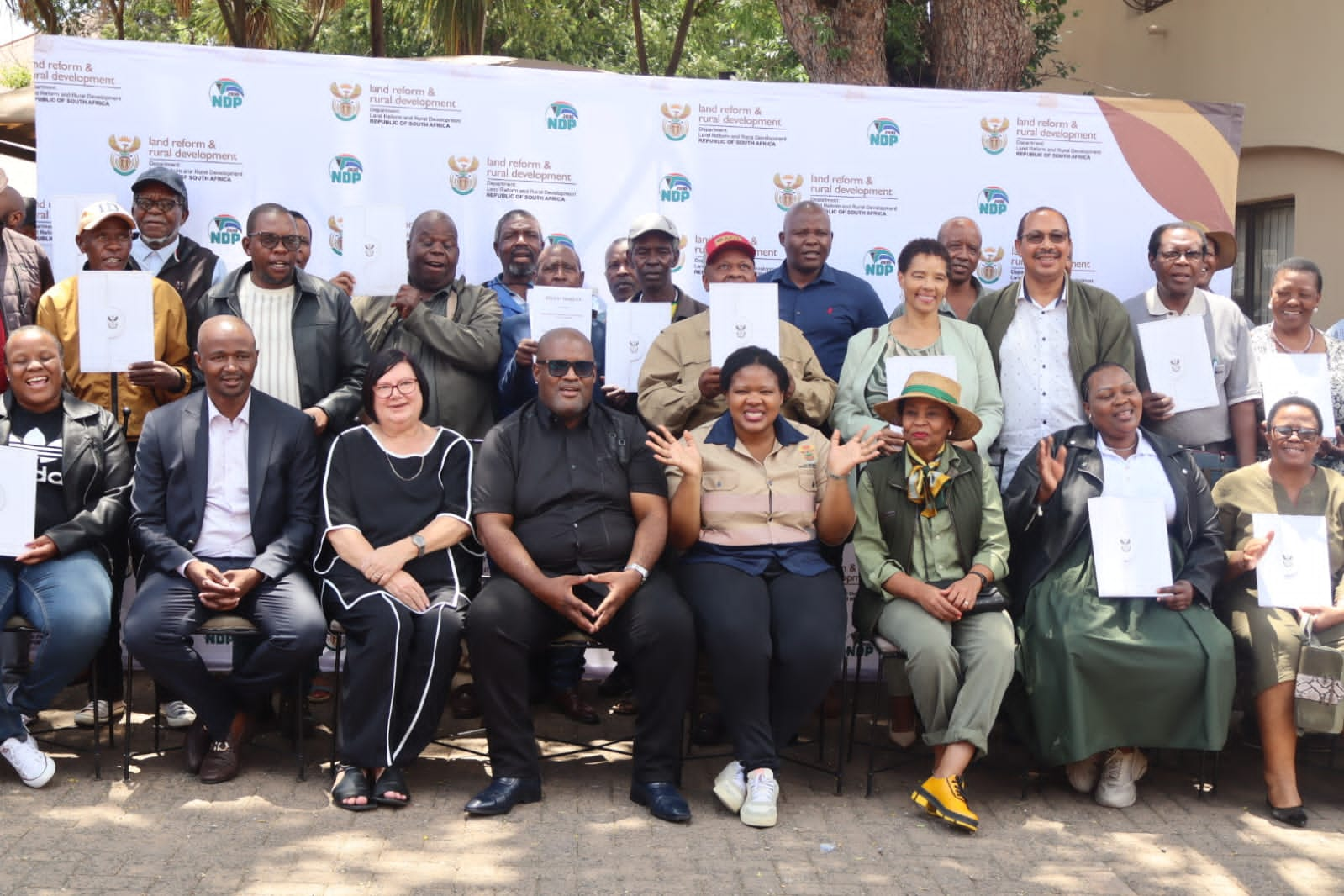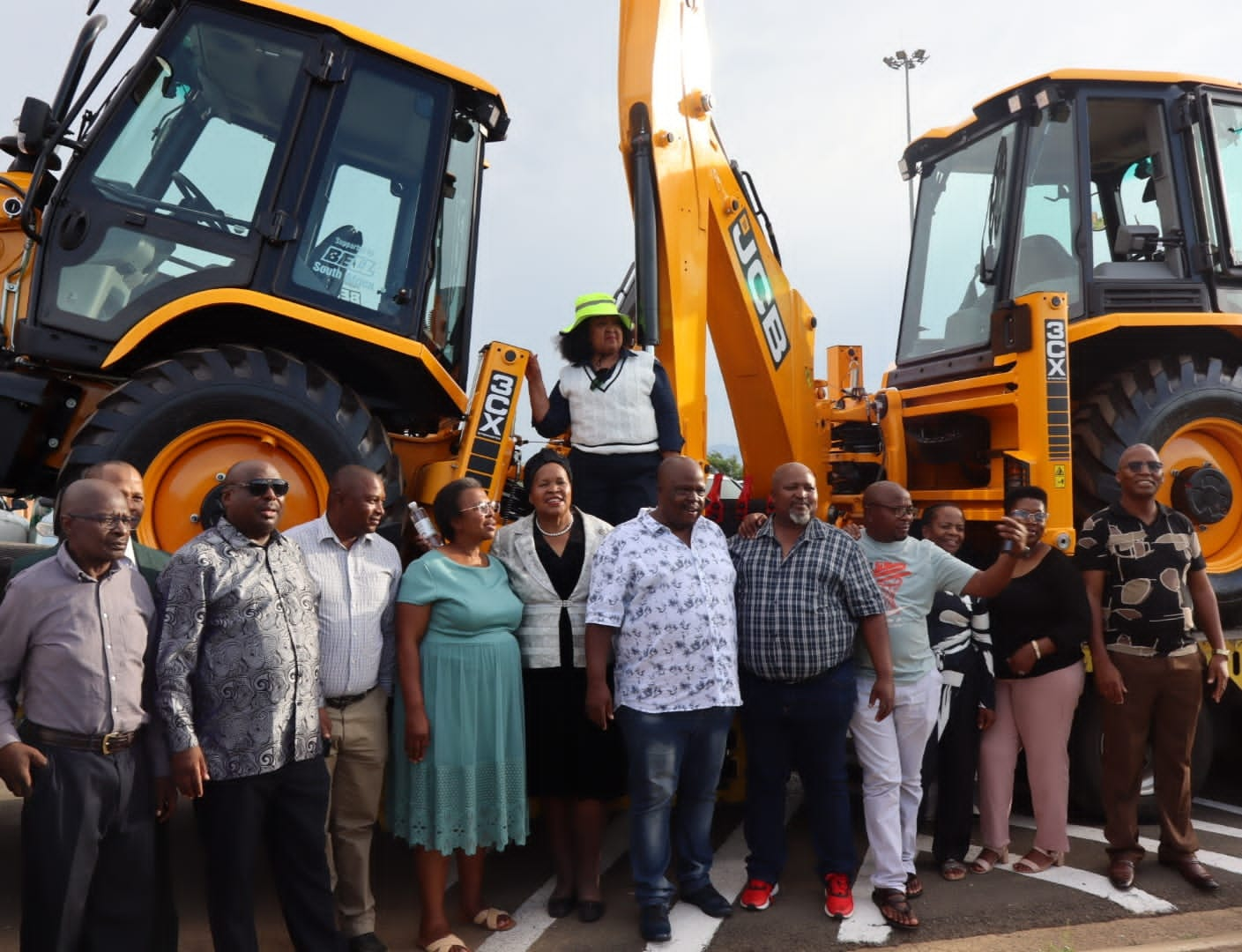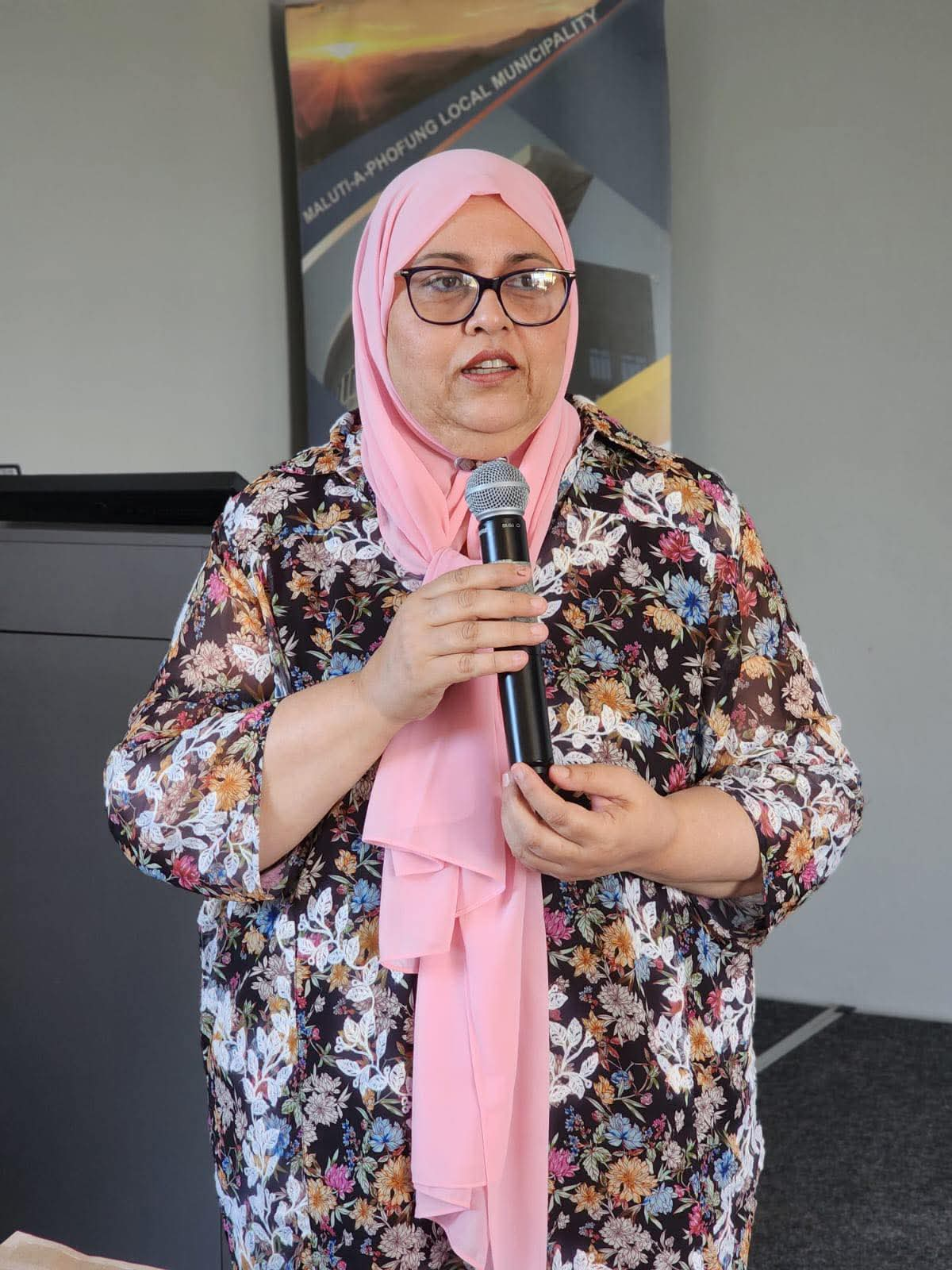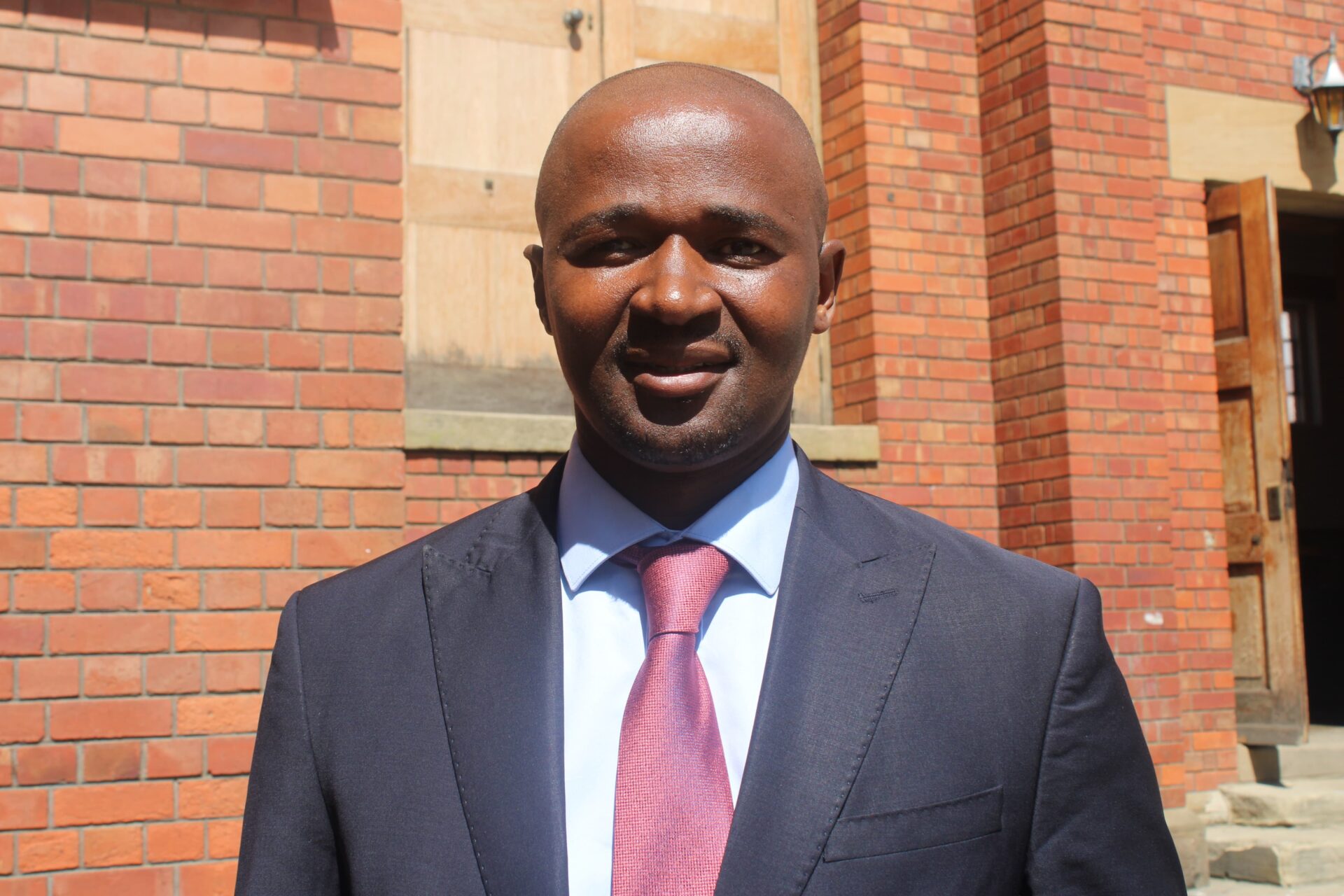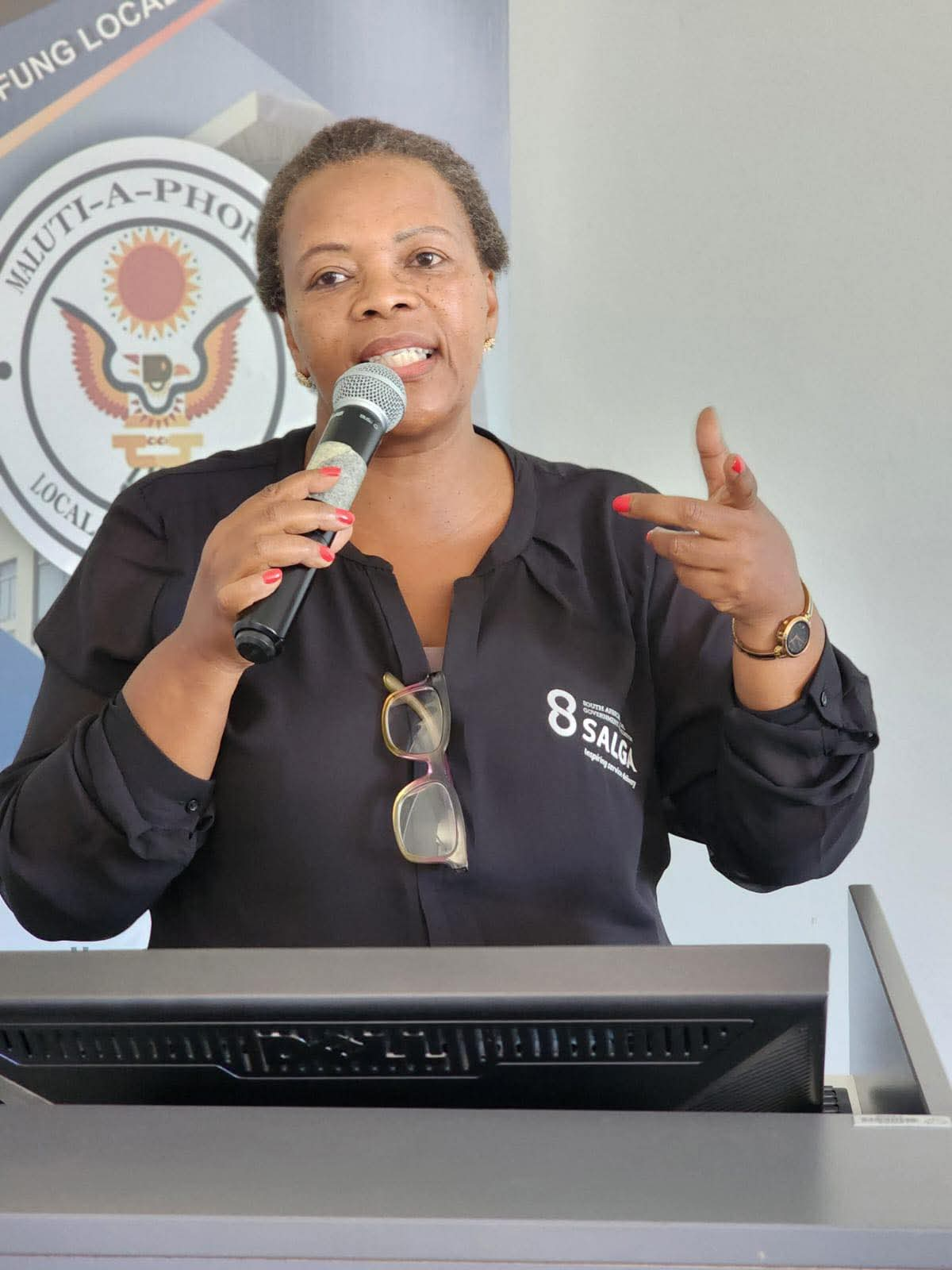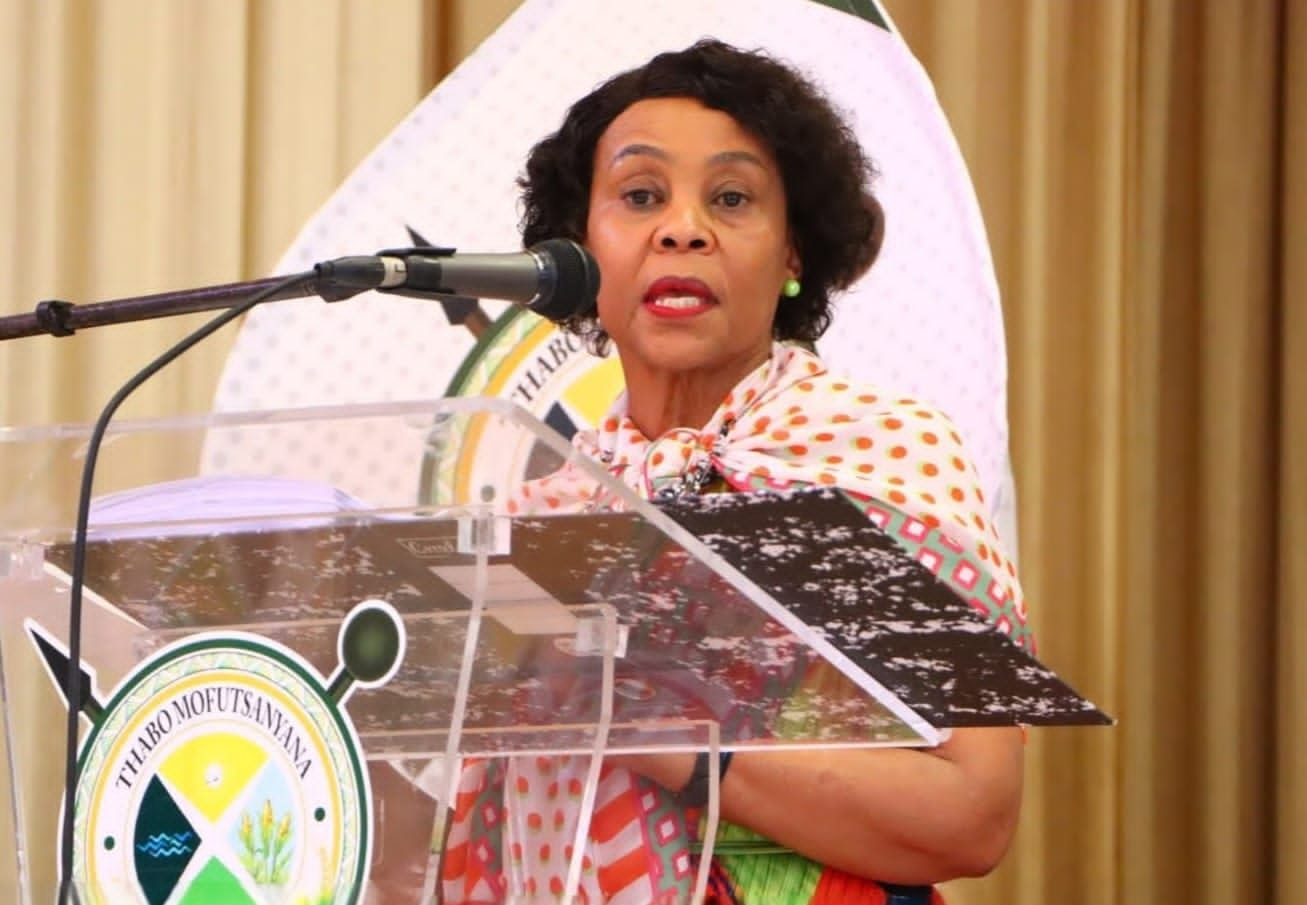By Teboho Moloi
QWAQWA – The Maluti-A-Phofung (MAP) Local Municipality says it is “trying” to improve its crumbling infrastructure, even as residents continue to live in conditions that pose serious health and safety risks.
Ageing infrastructure, frequent electricity blackouts, burst water pipes, and untreated sewage flowing through residential streets have become a daily reality for many communities in QwaQwa and surrounding villages.
In several areas, raw sewage runs into people’s yards, while persistent water leaks and erratic power supply further deepen residents’ frustrations.
Municipal spokesperson Thabo Kessah admitted the municipality faces severe service delivery challenges but insisted that efforts are underway to address them.
“There’s willingness and preparedness to improve, but it cannot be done at all places all at once. We must also thank both the national and provincial governments for assisting,” Kessah said.
He explained that fixing the infrastructure is costly, often forcing the municipality to prioritize maintenance of existing networks over building new ones. According to Kessah, ministerial interventions are in place to tackle sewage spillages and upgrade the network as part of a long-term solution.
Free State MEC for Cooperative Governance and Traditional Affairs (CoGTA), Saki Mokoena, echoed these concerns, saying many municipalities are burdened with outdated infrastructure that stifles economic development.
“It’s time municipalities consider innovative options, including making infrastructure available for business use to stimulate growth and create jobs,” he said.
Mokoena announced that the province will host an Infrastructure Indaba to find sustainable solutions to recurring problems with water, sanitation, roads, and electricity. He added that engaging Eskom on infrastructure previously transferred to it by municipalities is crucial for improving service delivery and supporting local economies.
Through the District Development Model (DDM), sessions are being convened to coordinate action between municipalities and district champions. “Local government must drive economic development,” Mokoena stressed.
Meanwhile, Kessah highlighted ongoing upgrades at the Elizabeth Ross electricity substation, which will ease pressure on the overburdened Moteka substation supplying more than 30 villages. He also noted improvements in power stability during the past winter.
Water challenges are being addressed through the Department of Water and Sanitation, while the provincial government and SANRAL are assisting with road infrastructure.
Despite these interventions, for many residents, progress remains painfully slow.







